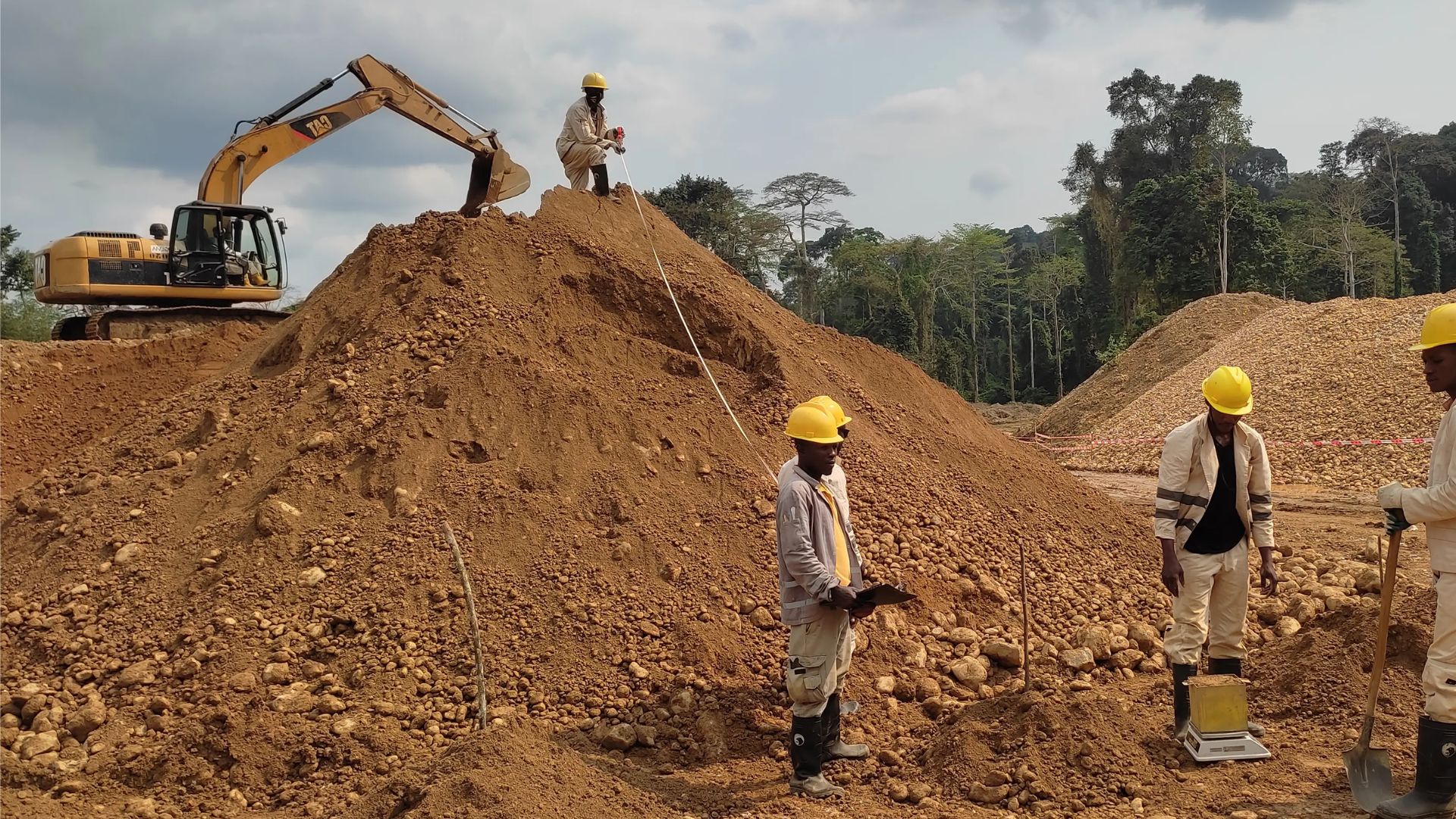Unlocking Angola's Mining Potential: A Pathway to Economic Transformation
- Angola | 5 October 2023

Angola, known for its rich natural resources, is poised to harness the potential of its mining industry as a catalyst for economic transformation. With a diverse range of minerals, including diamonds, gold, iron ore, copper, and phosphates, Angola holds immense promise for the development of its mining sector. In this article, we delve into the untapped potential of Angola’s mining industry, exploring its mineral wealth, investment opportunities, infrastructure development, and the government’s commitment to sustainable mining practices.
Angola boasts a wealth of mineral resources that have yet to be fully exploited. The country is renowned for its diamond reserves, making it one of the world’s leading diamond producers. Additionally, Angola has significant deposits of gold, iron ore, copper, phosphates, and other valuable minerals. Unlocking these resources presents a tremendous opportunity for Angola to diversify its economy, generate revenue, and create jobs.
Angola’s government has taken proactive measures to create an attractive investment climate for the mining sector. The implementation of the new Mining Code in 2011, which provides a clear legal framework for mining activities, has enhanced transparency and increased investor confidence. Furthermore, the government has established the National Agency for Mineral Resources (ANRM) to promote responsible mining practices and facilitate investment in the sector.
To fully capitalize on its mining potential, Angola recognizes the importance of developing robust infrastructure. The government has prioritized infrastructure projects such as road networks, railways, and ports to facilitate the transportation of minerals from mining sites to markets. Investments in infrastructure not only enhance the efficiency of the mining supply chain but also attract investors by reducing logistical challenges.
Angola has embarked on comprehensive geological surveys and data collection initiatives to better understand its mineral wealth. These efforts enable the identification of new exploration targets and provide critical information to investors and mining companies. By conducting thorough geological surveys, Angola can attract exploration investments and further unlock its mining potential.
Angola is committed to responsible and sustainable mining practices. The government has implemented environmental regulations to ensure the protection of ecosystems and minimize the impact of mining activities. By promoting sustainable practices, such as land rehabilitation and water management, Angola aims to strike a balance between resource extraction and environmental conservation.
Angola places emphasis on local content development within the mining sector. The government encourages the participation of Angolan companies and the training of local talent, ensuring that the benefits of mining extend to local communities. Through capacity-building initiatives and partnerships, Angola aims to foster a skilled workforce and stimulate the growth of local industries related to mining.
The development of the mining industry in Angola contributes to the country’s economic diversification strategy. By reducing reliance on oil revenue and expanding into other sectors such as mining, Angola can create a more resilient and sustainable economy. The growth of the mining industry will stimulate job creation, increase export earnings, and drive technological advancement.
Angola’s mining industry holds immense potential as a driver of economic transformation. The country’s rich mineral resources, favorable investment climate, infrastructure development, and commitment to sustainable practices create a fertile ground for mining exploration and development. By harnessing its mining potential, Angola can diversify its economy, create employment opportunities, and improve the livelihoods of its people. As Angola progresses towards realizing its mining ambitions, it is crucial to ensure responsible and inclusive practices that balance economic growth with environmental stewardship and social development.








